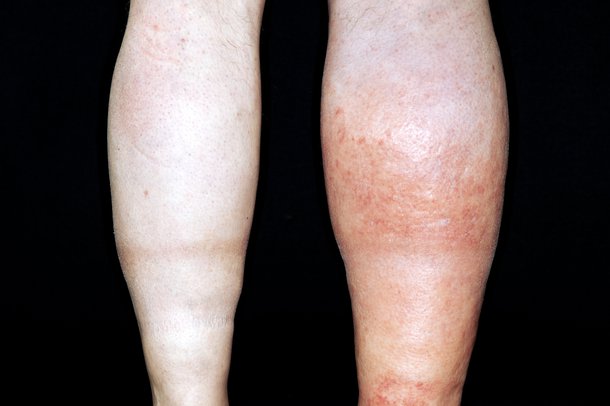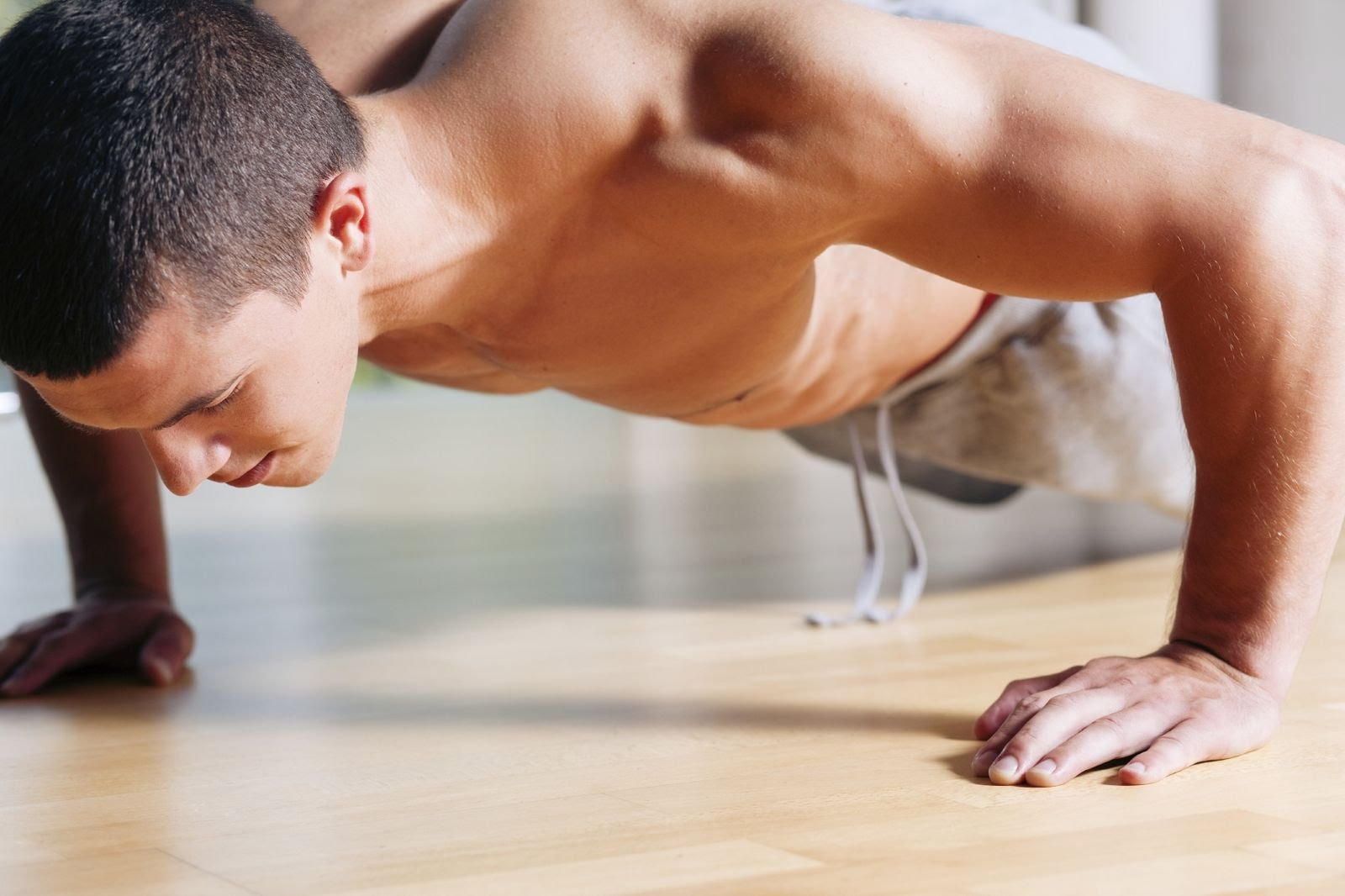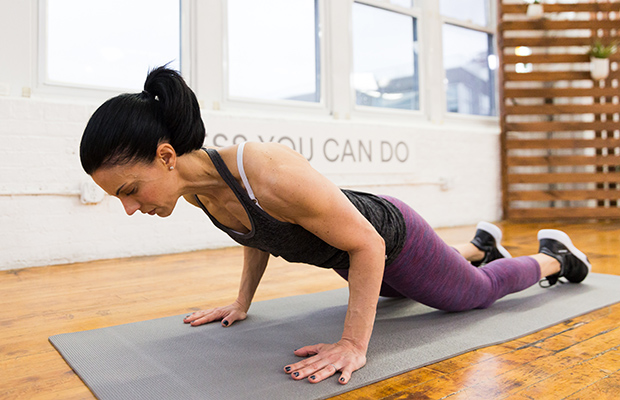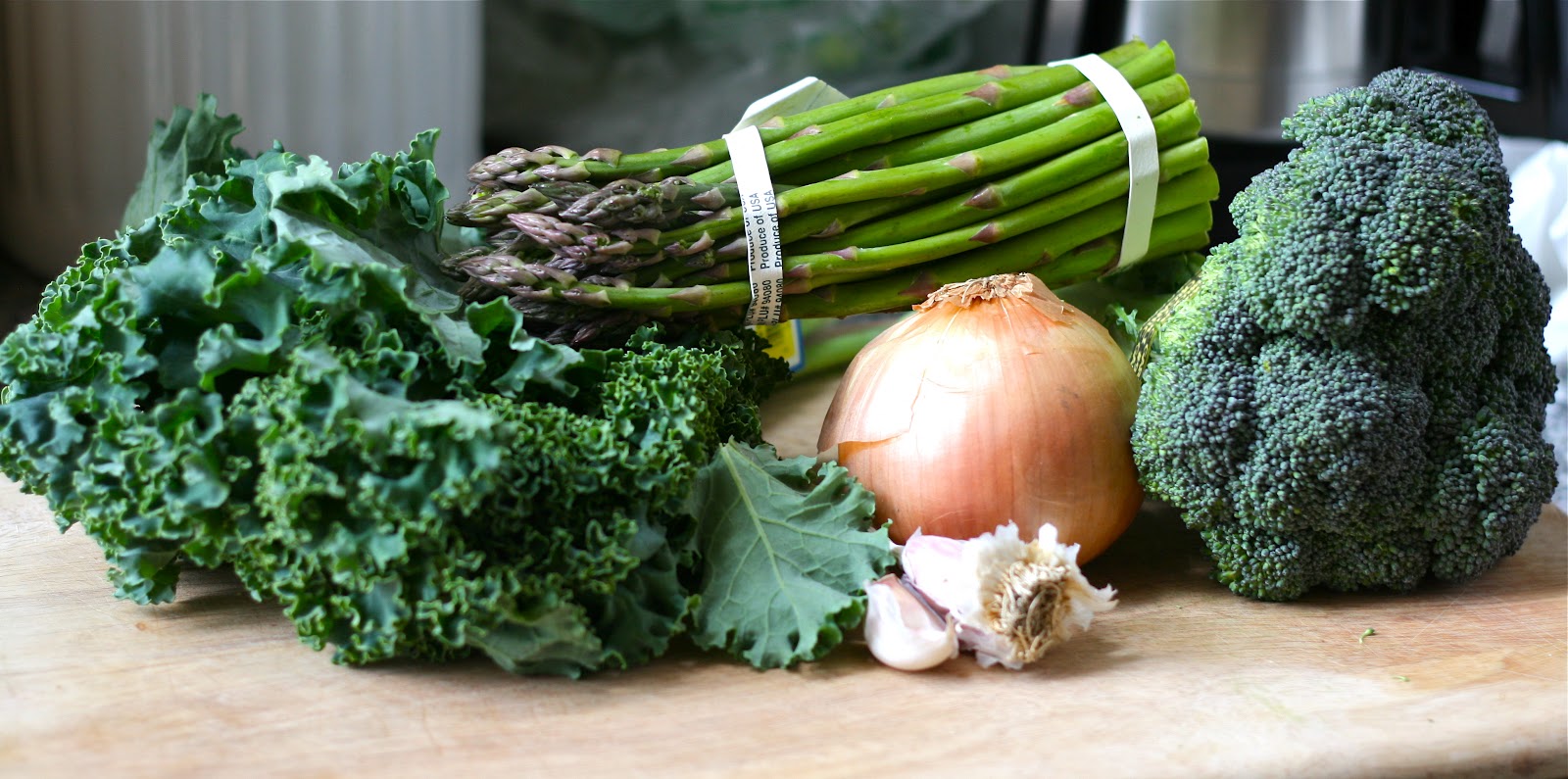What Causes Deep Vein Thrombosis?
Oct 09
The name might sound fancy to you, but deep vein thrombosis (DVT) is more common than you think. So, what are the DVT symptoms and who is at risk?
Blood Clot Formation
DVT is characterized by the formation of a blood clot in one of the deep veins, which are usually found near the artery and within the leg muscles that carry most of the venous return to your heart.

Most DVT cases occur in the legs in one of the following deep veins: femoral vein, common femoral vein, popliteal vein, profundal femoris vein, and the calf veins. However, DVT can also occur in other parts of the body. When a blood clot occurs, the blood will clump together and thicken in a specific area. Symptoms of DVT in the legs, if there are any, might include leg cramps, swelling and discoloration, gradual onset of pain, warmth, redness, and tenderness in the leg.
Pulmonary Embolus
When the clot in the veins break off, it can travel up the bloodstream and block blood flow. The clot that is loosened is called embolus, and this can travel to the lung artery and block the flow in a condition called pulmonary embolism. When this happens, the lungs and other organs are damaged and it can even lead to death. Unfortunately, most people who experience this do not show symptoms, but if there are any symptoms, it’s important to seek medical attention right away. Some symptoms may include chest, pain, shortness of breath, and coughing up of blood.
Even if there is no pulmonary embolism, DVT can still damage the vein valves and cause long-term swelling, pain, and sores in the affected leg.

Causes of DVT
DVT is a result of one of the following conditions:
1. Injuries in the lower body
2. Hip or leg surgery
3. Damages in the inner lining of the veins
4. Slow or sluggish blood flow
5. Medical conditions that cause blood to thicken or clot
Number 4 is a common cause of DVT, especially when the person spends hours without moving during travel or while sleeping in bed after a surgical procedure. If you have had surgery on your fractured knees or hips for example, your doctor must take precautions against DVT because you will not want to move much. You are also at risk if you have heart or respiratory problems (including hypertension), have medical conditions that affect the veins, or if you are obese.

Treatment of DVT
DVT is often treated as a medical emergency and the doctor must stop the clot from getting bigger, prevent it from breaking off, and reduce the chances of having another incident.
You will be prescribed the following medications: anticoagulants and thrombin inhibitors to decrease clotting and thrombolytics to dissolve large blood clots or vena cava filter if you can’t have blood thinners. You will also have to wear graduated compression stockings to reduce swelling in your leg.
Read More















